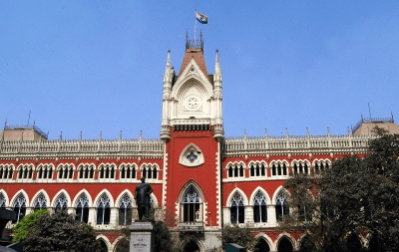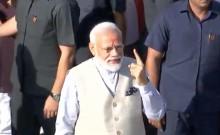
The Supreme Court refused to entertain a petition filed by the Bharatiya Janata Party (BJP) against the Calcutta High Court (HC) order restraining it from publishing certain advertisements directed at the All India Trinamool Congress (TMC) during the current election campaign.
The earlier HC order directed the BJP to restrain from any further actions with regard to such 'derogatory' advertisements, which were held to be in violation of the Model Code of Conduct (MCC), as well as the guidelines of the Press Council of India.
These developments are likely to put BJP's image on the back foot in terms of 'clean' campaigning, as well as drag the Election Commission of India (ECI) into yet another controversy on its inaction.

What the Supreme Court said:
While refusing to interfere with the existing HC judgement, the Supreme Court (Vacation) Bench, comprising of Justices J.K. Maheshwari and K.V. Viswanathan, noted that "We have seen the advertisements. Prima Facie, the advertisements are disparaging. You can say you are the best..but....we don't want to lend our hands to promote further acrimony. Your rival is not your enemy."
What the Calcutta High Court said last week:
On May 20, 2024, the Calcutta HC hit out at the BJP for its advertisements aimed towards the TMC, which appeared through a media channel. Justice Sabyasachi Bhattacharya observed in his order that "It is also clear that in the garb of advertisements, the present impugned allegations and publications made against the petitioner are outright derogatory and definitely intended at insulting the rivals and levelling personal attacks against its functionaries."
The Single Judge order also reprimanded the Election Commission of India (ECI) in this matter, stating that it "grossly failed" to address the TMC's complaints in time.
Adherence to the Model Code of Conduct (MCC):
The observance of the MCC in this case is crucial for ' free and fair elections' and strictly governs the rules of conduct for political parties and candidates. This case is a wake up call for parties to respect and adhere to the MCC. It also highlights the role that the Courts in India can play as a 'watchdog' of these democratic processes.









